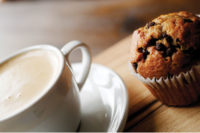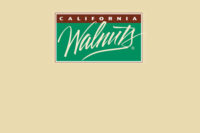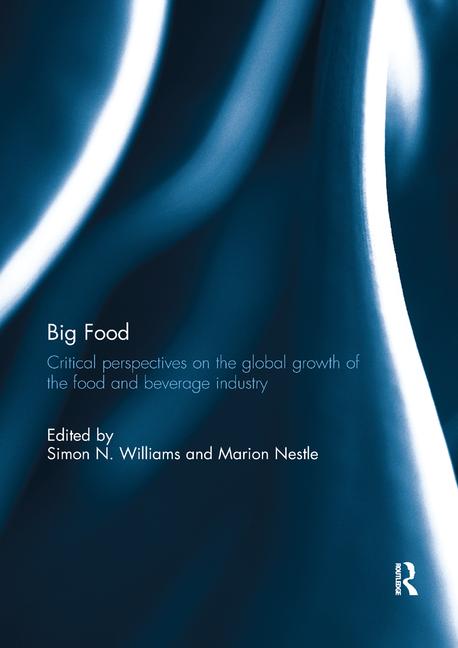Champagne on Alzheimer's
Researchers from Reading University have found that three glasses of champagne per week could help prevent the onset of brain disorders such as dementia and Alzheimer’s disease.

Researchers from Reading University have found that three glasses of champagne per week could help prevent the onset of brain disorders such as dementia and Alzheimer’s disease. The team discovered that a compound found in black wine grapes (Pinot noir and Pinot meunier) help fight forgetfulness.
Champagne, which is made using these types of grapes, could now be just the right beverage for tackling dementia before it has a chance to set in. This is not the first time the bubbly has been touted for its health benefits. The same Reading team found in 2009 that champagne is good for the heart and blood circulation.
The memory-helping compound in champagne, however, is much different: phenolic acid. About 80% of all champagne is made from the two black grape varieties blended together with a white Chardonnay grape.
The researchers, led by Jimmy Spencer, a biochemistry professor at Reading, found that phenolic acid provokes a noticable boost to spatial memory, allowing the ability to recognize surroundings and help people find their way home.
“Dementia probably starts in the 40s and goes on to the 80s. It is a gradual decline and so the earlier people take these beneficial compounds in champagne, the better,” Spencer explained.
Spencer said that while his team’s study was conducted on rats, there is a strong confidence among the team that the results would be remarkably similar in the human brain.
For the study, rats were either given champagne daily, mixed in their feed for six weeks or not given champagne at all. Each rat was also allowed to run through a maze to find an edible treat. The task was then repeated five minutes later to see if the rat remembered where it had retrieved the first treat and where it could find another.
The rats that did not have champagne mixed in their feed had a 5%0 success rate in the maze experiment. However, after champagne was added to the feed, success rates shot up to 70% on average.
“The results were dramatic. After rats consumed champagne regularly, there was a 200% increase of proteins important for determining effective memory. This occurred in rats after just six weeks. We think it would take about three years in humans,” Spencer surmised.
“This research is exciting because it illustrates for the first time that moderate consumption of champagne has the potential to influence cognitive functioning such as memory,” he added.
Spencer and his team now hope to conduct the experiments on older human subjects, asking them to drink champagne for three years to further test the mind-aiding benefits of the fizz.
“This is an interesting study, especially for those who enjoy a glass of bubbly,” said a spokesperson for the Alzheimer’s Society. “However, people should not start celebrating just yet. This is the first time a link between champagne and dementia risk reduction has been found. A lot more research is needed.”
Looking for a reprint of this article?
From high-res PDFs to custom plaques, order your copy today!






